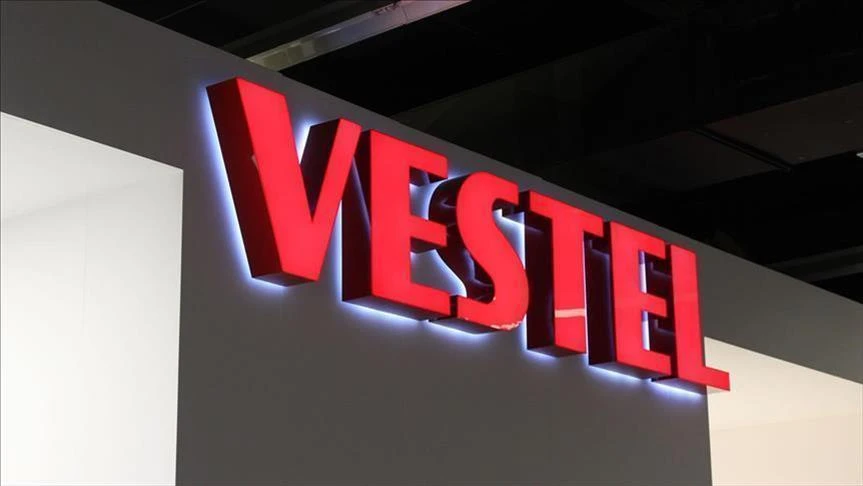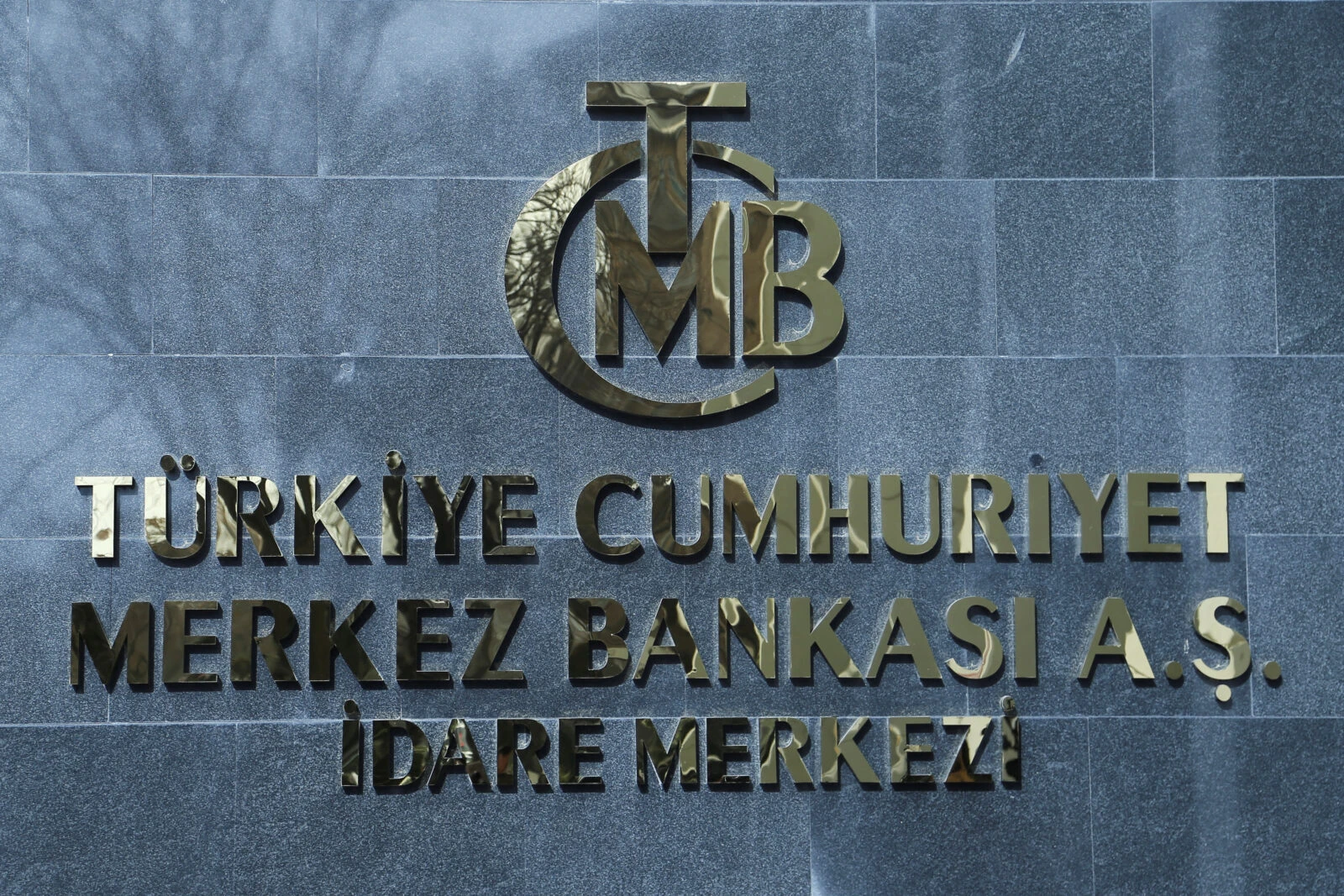Bush Denies ‘Sending Signals’ To Iran
"What we’re doing in Iran is we’re showing the Iranian people (that) the American people care, that they’ve got great compassion for human suffering," he said after hunting quail in Falfurrias, Texas, with his father, according to Agence France-Presse (AFP).
Bush said he had temporarily eased restrictions on sending money and sensitive equipment to Iran "to be able to get humanitarian aid into the country," not send a signal to Tehran.
Some Iranian officials have said that U.S. humanitarian aid following the temblor in Bam, which may have left as many as 40,000 people dead, are the latest in a series of positive signals from Washington.
The Washington Post reported Friday, January 2, that Washington approached Iran about sending a high-level humanitarian delegation to Tehran. If completed, it would be the first public U.S. official visit since the hostage crisis in 1981.
Citing unnamed U.S. and Iranian officials, the paper said: “The United States has approached Iran about dispatching a high-level humanitarian mission to Tehran, headed by Sen. Elizabeth Dole (R-N.C.) and including a member of the Bush family.
“The overture, made by Washington on Tuesday, awaits a response from the government of President Mohammad Khatami.”
"We appreciate the fact the Iranian government is willing to allow our humanitarian aid flights into their country. And it’s a good thing to do, it’s right to take care of people when they hurt and we’re doing that," said Bush.
However, the U.S. President – who has labeled Iran in 2002 part of an axis of evil (along with now-occupied Iraq and North Korea) – made clear that, if the Islamic republic wants better relations, it must turn over any followers of Osama bin Laden it has in custody, abandon what he termed “its pursuit of nuclear weapons and embrace democratic political reform”.
"The Iranian government must listen to the voice of those who long for freedom," said the U.S. President, who later returned to his ranch near this tiny Texas town, where he ushered in the new year.
Bush said Tehran must hand over al-Qaeda members "to their country of origin" and follow up on its pledge to cooperate with the U.N. nuclear watchdog agency.
Iran is building its first nuclear reactor but has repeatedly denied U.S. charges that it has embarked on a covert nuclear arms program.
Bush decided to temporarily ease aid restrictions after hearing from top foreign policy advisers last weekend that the bans were hampering humanitarian efforts in and around Bam, an aide told AFP, on condition of anonymity.
Bush’s statements came only days after his Secretary of State Colin Powell hinted in a newspaper interview published Tuesday that new dialogue between the United States and Iran could emerge from the ruins of the earthquake.
"There are things happening, and therefore we should keep open the possibility of dialogue at an appropriate point in the future," Powell has told the Washington Post.
He referred to Iran’s decision earlier in December to submit to reinforced international inspections of its nuclear energy facilities, which Washington alleges are covers for a secret atomic weapons program.
Asked about Powell’s comments, White House spokesman Trent Duffy said Tuesday that U.S. policy towards Iran "is not changed."
"We have made clear to the Iranian government on many occasions our grave concerns regarding its support for terrorism, pursuit of weapons of mass destruction and other activities," he told reporters.
"Our policy remains that we’re willing to engage with Iran on specific issues of mutual concern and in an appropriate manner if and when the president decides it is in the interests of the United States to do so," said Duffy.
While thanking the U.S. government for its humanitarian relief work, Iranian President Mohammad Khatami said earlier this week that there could be no thaw in a 25-year diplomatic freeze unless Washington changed its tone and behavior.
On Thursday, however, Iranian Foreign Minister Kamal Kharrazi said the Bush administration’s decision to lift sanctions on Iran for 90 days to allow aid to enter was a "positive step."
Former President Hashemi Rafsanjani also welcomed the U.S. move. Asked if these signals could mean improved Iran-U.S. relations, he said: "I am not sure but the signals point in that direction."
The U.S. easing of sanctions means that, over the next 90 days, donations from American citizens and non-governmental organizations can be made to groups in Iran without needing specific authorization from the U.S. treasury, according to the BBC News Online.



